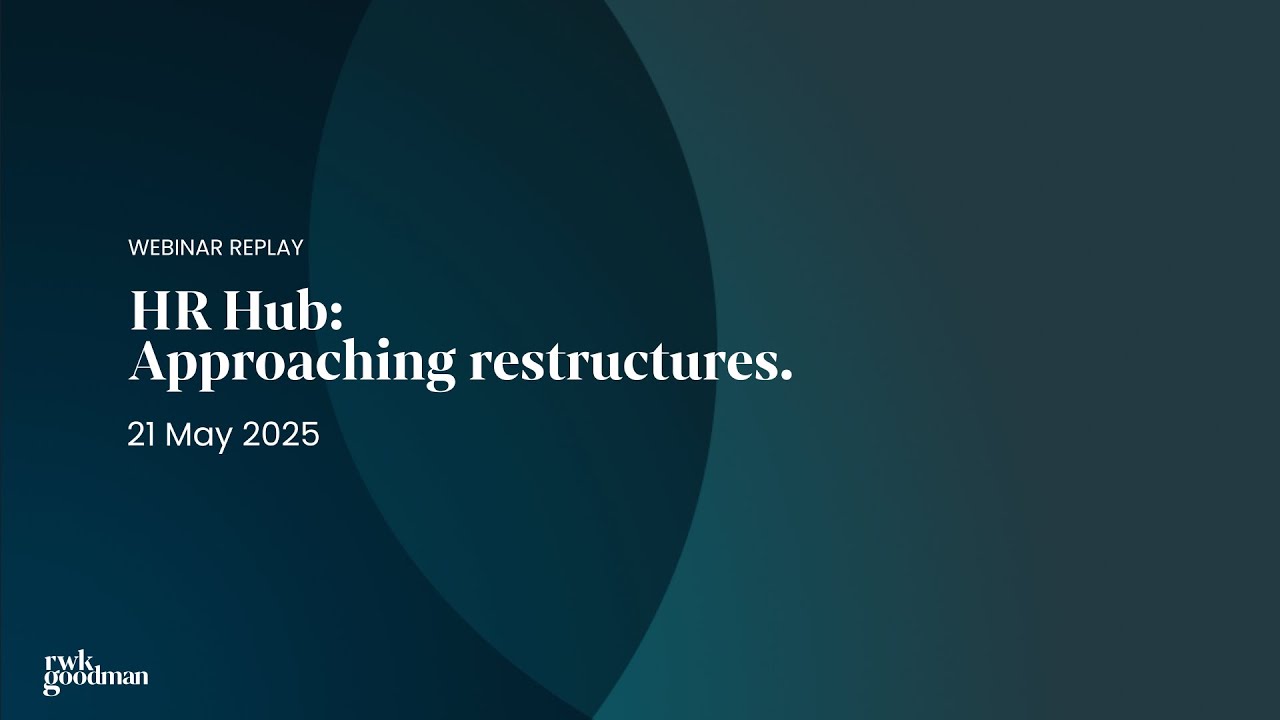Workplace sexual harassment – in the wake of a scandal

This week, following days of mounted speculation, veteran news anchor Huw Edwards was named as the BBC presenter accused of a string of allegations, including paying a young person for sexually explicit photos. He was named by his wife in a statement in which she also confirmed that Mr Edwards was suffering from serious mental health issues, and that he was currently receiving inpatient care in hospital. Huw Edwards’ struggles with mental health, including severe depression, have been well documented over the years.
As we understand things, the BBC news presenter was first told about the allegations one week ago, with the claims being published in The Sun newspaper over the weekend. Whilst the young person at the centre of the sexually explicit photo allegation subsequently rubbished the claim through their lawyers, separate claims were made by unconnected individuals including allegations against Mr Edwards of inappropriate behaviour towards colleagues at the BBC. It has been claimed that he sent suggestive messages to another member of staff about their appearance which made them feel uncomfortable.
Sensitivities and awareness
There are many difficult and complex issues for the BBC and Mr Edwards to address over the coming months. The impact of the investigation on Mr Edwards’ mental health is also a key factor. The events of the last week have however shone a light on the serious issues relating to workplace well-being and mental health, as well as sexual harassment, and the sensitivities relating to the same. These are not new issues, and indeed are issues often at the forefront of the minds of HR professionals within organisations no matter what their size.
Sexual harassment at work – what you need to know
The post-Covid world of work has led to a rise in inappropriate behaviours, including sexual harassment. It seems that the increased dependence on technology is resulting in online sexual harassment and inappropriate behaviours through various messaging and video platforms. The blurred lines of how we interact with our colleagues, both in and out of the work setting, remain.
How do I know if I’m being sexually harassed at work?
For a harassment claim to be successful, a claimant must simply be able to show unwanted conduct relating to a protected characteristic (such as sex) under the Equality Act which has the purpose or effect of violating a person’s dignity or creating an intimidating, hostile, degrading, humiliating or offensive environment for them.
What’s the situation here?
It will be determined based on the alleged victim’s interpretation of the act, not the employer, which is why education on harassment and creating a safe space or zero tolerance culture is imperative.
Whilst the allegations raised to date against Huw Edwards are as yet unproven, it is concerning to note that his colleagues at the BBC only came forward to raise complaints about sexual harassment after the publicity associated with the sexually explicit photo allegation.
Creating a safe space in the workplace, and educating staff about harassment, is a key issue for all employers. Anyone who feels that they may have been the victim of sexual harassment at work should have the confidence in their employer to raise such complaints.
What should I do if I am sexually harassed at work?
For individuals who feel they are being harassed online (or otherwise) at work, they should ensure they keep a detailed record of what has been said and when.
If they feel the matter can be dealt with informally, they should advise the potential harasser that what they are saying is unacceptable and that they are offended by the same.
If the behaviour does not stop, or the individual feels it is sufficiently serious to raise the matter formally, then a complaint should be made in writing to the employee’s line manager or Human Resources.
What should an employer do if they become aware of sexual harassment?
For employers, stamping out harassment in the workplace and creating a kinder culture that makes it clear that harassment will not be tolerated is imperative. Being known as an employer that will not tolerate abuse or harassment will be something to add to their armoury for attracting and retaining talent.
Before harassment occurs, businesses should:
- Promote a kinder and respectful culture;
- Communicate with staff to promote zero tolerance, and make it known that sexual harassment will be taken seriously (and sensitively);
- Provide harassment awareness training; and
- Update policies and procedures (or put them in place) so they are equipped to deal with sexual harassment when it happens.
Minimising the risk of harassment occurring in the first place must be the key consideration. However, as the BBC will be aware, employers need to be careful when complaints about harassment arise and should investigate both thoroughly and carefully.
Employers are generally responsible for the acts (including discrimination and harassment) of their employees carried out in the course of employment – known as vicarious liability.
Organisations, however, might not be held responsible in an employment tribunal claim where they can demonstrate that they took all reasonable steps to prevent discrimination and harassment by their staff. Whilst the concept of vicarious liability is complex, ensuring staff receive regular training on harassment awareness, equality and diversity, and that policies are of a good quality and up to date, will help employers show that they have taken reasonable steps to prevent harassment.
For advice on sexual harassment or any other employment law related issues please contact Lauren Harkin…..










